A poll of Canadian adults conducted by the Angus Reid Group reveals many interesting facts about users of "alternative medicine" in Canada.
User Profile:
- 42% of Canadians use alternative medicine.
- Those more likely to report using alternative medicine were:
- residents of British Columbia (56%);
- females (55%);
- in the 35-54 age group (49%);
- annual household income of $60,000 or more (52%).
- Of the 42% who use alternative medicine 55% (or 23% of all Canadians) have been using it for over five years.
Use of alternative medicine increases with age:
- 40% of Canadians aged 18-34 started using alternative medicines over five years ago;
- 57% of those between the ages of 35 and 54;
- 67% among Canadians aged 55 and older.
The overall use of alternative medicine among all Canadians has grown dramatically by 81% over the past five years. Five years ago, only 23% used alternative medicine, compared to the current 42%.
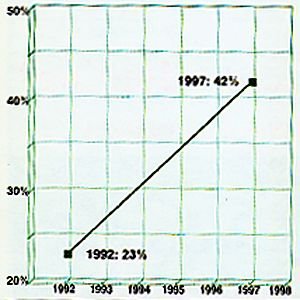
This growth pattern differs with each age group:
- 146% growth (over past five years) among Canadians 18-34;
- 76% growth among Canadians 35-54;
- 49% growth among Canadians 55 years and older.
Of the 42% who use alternative medicine, 59% (25% of all Canadians) use chiropractic, more often than any other alternative medicine; followed by herbology (23% or 10% of all Canadians); acupuncture (22% or 9% of all Canadians); and homeopathy (18% or 8% of all Canadians).
Of the 42% who use alternative medicine 80% feel that it is either "very" (32%) or "somewhat" (48%) important to their own personal health.
Of the 42% who use alternative medicine, 90% are either "very" (48%) or "somewhat" (42%) satisfied with the alternative medicine they have used.
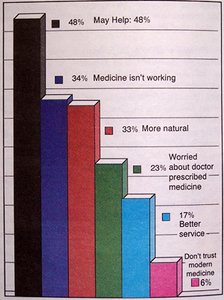
Reasons for Using Alternative Medicine
Of the 42% of Canadians who use alternative medicine, here's way they choose to do so:- (48%) because "alternative medicines and practices don't hurt you and may help a bit";
- (34%) "regular medicines on their own aren't working for me";
- (33%) "alternative medicines and practices are more natural";
- (23%) "worried about doctor prescribed medicines and practices";
- (17%) "get better service from alternative medicine providers than from the regular health care system";
- (6%) "don't trust modern medicine and practices."
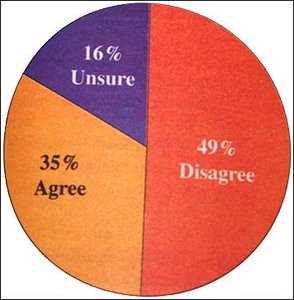
Long-Term Negative Effects:
- 49% of Canadians disagree either "strongly" (17%) or "somewhat" (32%) that "many alternative medicines and practices may have long-term negative effects on the health of people who use them";
- in comparison, 35% agree either "strongly" (10%) or "somewhat" (25%) the "many alternative medicines and practices may have long term negative effects on the health of people who use them";
- 6% are unsure.
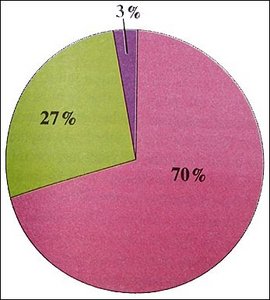
Covering Alternative Medicines and Practices under Provincial Health Care Plans:
- 70% of Canadians agree either "strongly" (33%) or "somewhat" (37%) that "our provincial health care plans should pay for alternative medicines and practices the same way that they pay for treatments and medicines prescribed by doctors";
- 27% either "strongly" (12%) or "somewhat" (15%) disagree;
- 3% are undecided.
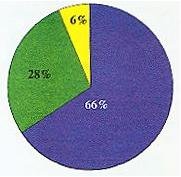
Cost Implications of Using Alternative Medicines and Practices:
- 66% of Canadians agree either "strongly" (29%) or "somewhat" (37%) that "the government should encourage people to use alternative medicines and practices because it could help to reduce the cost of our health care system";
- 28% either "strongly" (13%) or "somewhat" (15%) disagree with this statement;
- 6% undecided.
Dynamic Chiropractic editorial staff members research, investigate and write articles for the publication on an ongoing basis. To contact the Editorial Department or submit an article of your own for consideration, email
.




